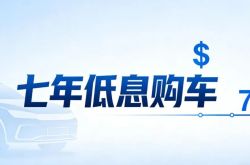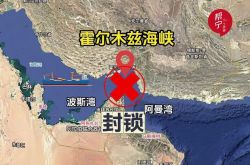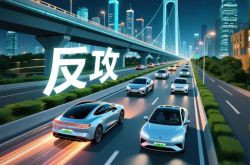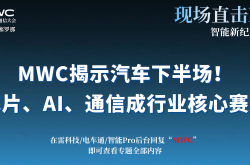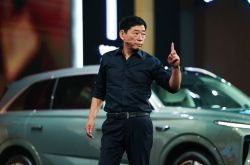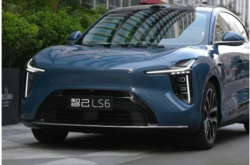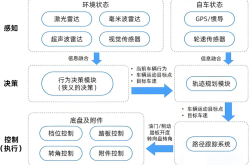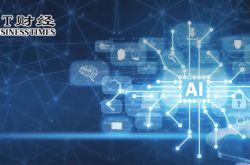Huawei No Longer Wants to Be the "Soul Supplier"
![]() 07/11 2024
07/11 2024
![]() 617
617
Recently, Thalys Automobile Co., Ltd., a holding subsidiary of Thalys Inc., issued an announcement stating its plan to acquire the trademark and graphic patterns of the "AITO" series owned by Huawei and its affiliates for RMB 2.5 billion.

It is worth mentioning that according to relevant evaluation reports, the value of the "AITO" series trademarks and design patents exceeds RMB 10 billion. Now that Thalys has acquired "AITO" for RMB 2.5 billion, is it Huawei that has gained or Thalys?
1. Huawei Nurtured AITO from Scratch
As everyone knows, "AITO" is the first "brand" created by Huawei after entering the new energy vehicle market. Huawei not only provided technology but also deeply participated in the product definition, styling design, user experience, and other aspects of AITO vehicles. Huawei's "Intelligent Selection Model" was also gradually improved on this basis.
Therefore, even though Huawei has transferred the "Zhidejie" and "Xiangjie" trademarks to Chery Automobile Co., Ltd. and Beijing Automotive Group Co., Ltd., respectively, the ownership of "AITO" has attracted significant attention from the outside world.
As the "crystallization of effort" jointly created by Huawei and Thalys, the complete brand name of AITO vehicles is "AITO". While the "AITO" trademark has always belonged to Thalys, the "Wenjie" trademark originally belonged to a third-party company outside Huawei and Thalys – Beijing Yonganshida Science and Trade Co., Ltd. However, in 2023, this company officially transferred the trademark to Huawei.
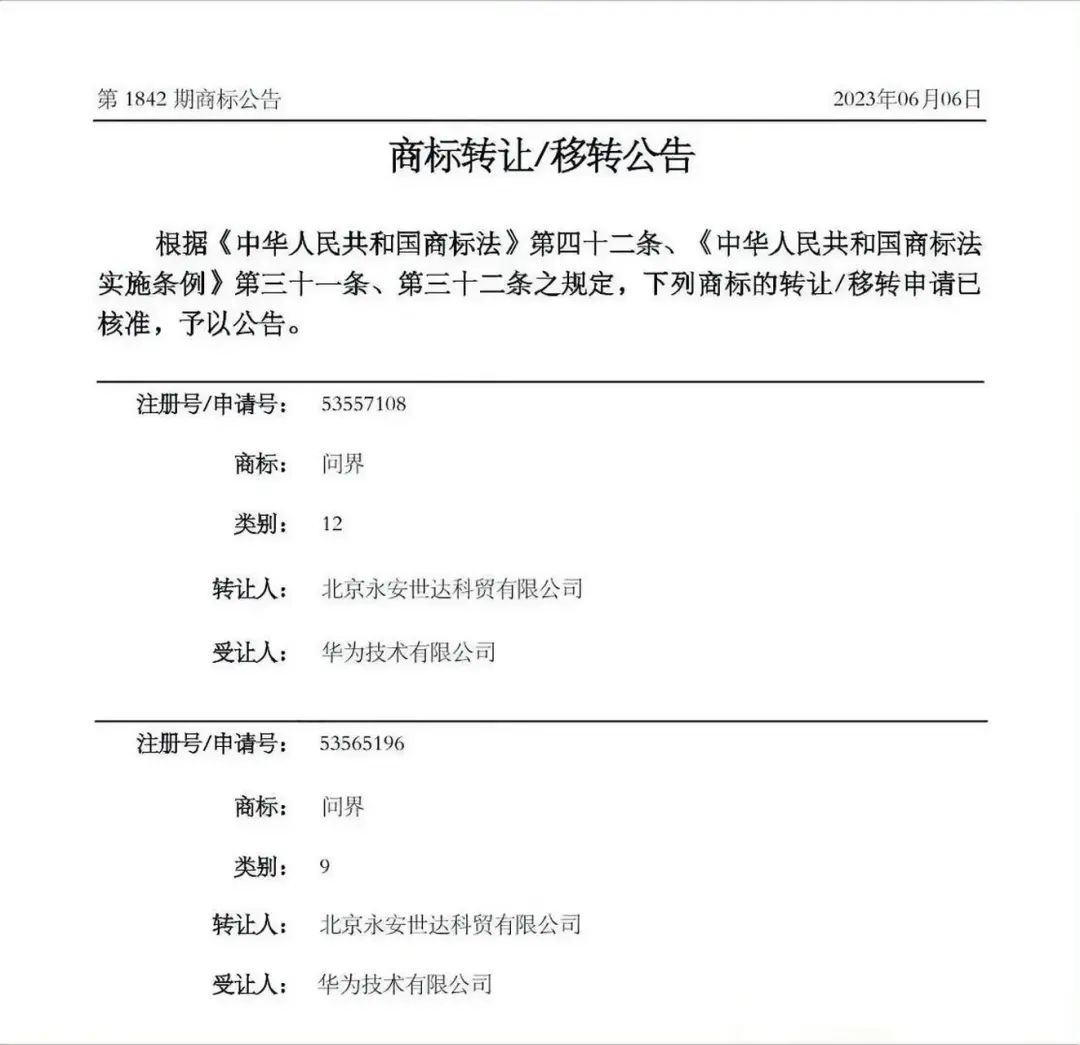
This incident also sparked different voices at the time, such as whether Huawei's acquisition of the "AITO" trademark meant that it would personally "build cars," which contradicts Huawei's repeated public statements of "not building cars."
In fact, Huawei's development in "building cars" can be traced back to the establishment of its Intelligent Automotive Solutions BU (Intelligent Automobile Business Unit) in 2019. The first head of this unit was Wang Jun, who incubated five major product departments, including intelligent cockpit solutions, intelligent driving MDC platforms, and Huawei's CC architecture.
However, in 2020, Huawei's Intelligent Automobile Solutions BU was reassigned to the Consumer BG and placed under the management of Yu Chengdong, although Wang Jun remained as president. In February 2023, news emerged within Huawei that Wang Jun had been suspended from his duties.
If we divide Huawei's Intelligent Automobile Solutions BU into the Wang Jun era and the Yu Chengdong era, the biggest difference between the two managers may lie in how to "build cars." Currently, Huawei's "car-building model" is very clear, consisting of the components model, HI model, and Intelligent Selection Model.
Among them, the components model involves Huawei supplying related components such as motors and intelligent cockpits to automakers, which is a traditional Tier 1 cooperation method. The HI model allows automakers to use Huawei's full-stack intelligent automobile solutions, including computing and communication architectures, intelligent cockpits, and intelligent driving, with partner automakers including Changan Automobile's Avita, GAC Aion, and others.
The Intelligent Selection Model involves Huawei deeply participating in the product definition, selection of core components, marketing service system, and other areas of automakers, with partner automakers including Thalys, Chery, JAC Motor, Beijing Automotive Group, and others.
Among these three models, Wang Jun developed the Intelligent Automobile Solutions BU from scratch and upgraded the cooperation model from the components model to the HI model. He clearly preferred "limited cooperation" with automakers, with both parties maintaining a simple "buyer-seller relationship."
However, Yu Chengdong, starting from the Consumer BG, was more inclined to get involved in "building cars," so he preferred the Intelligent Selection Model. Yu Chengdong even publicly criticized the traditional components model, stating that "traditional automakers ask Huawei to do solutions, cutting up more than 20 components and separately bidding for design. This simply cannot compete with others' intensive, low-cost, and highly reliable three components."
Ultimately, how Huawei internally "raced" is unknown to the outside world, but with Wang Jun's departure, the result shows that the Intelligent Selection Model has become the mainstream model for Huawei's car-building efforts. The outside world believes that the Intelligent Selection Model is essentially replicating Huawei's smartphone Intelligent Selection Model to the automotive business, which is more in line with Huawei's technological background and channel layout.
However, this model has also faced considerable质疑 from the outside world. For example, although Thalys has collaborated with Huawei to create AITO vehicles, it is often said that "only Huawei is seen, not Thalys." While Thalys has reversed its performance slide due to AITO vehicles, the outside world believes that Thalys has merely "sold its soul" and become a contract manufacturer for Huawei.
2. "Brothers Working Together"
To address this, Ren Zhengfei has repeatedly reiterated that "Huawei does not build cars." In March last year, Huawei issued a decision announcement for its automotive business, once again emphasizing that "Huawei does not build cars," and Ren Zhengfei also stressed that "Huawei" or "HUAWEI" cannot be used in vehicle promotion and appearance.
Therefore, after Thalys announced the acquisition of the "AITO" trademark, Huawei also promptly responded, stating that it will continue to support Thalys in building and selling AITO vehicles well. The company has always adhered to not building cars but rather leveraging its leading intelligent connected vehicle technology to continuously help automakers build and sell good vehicles.
In this context, Huawei's transfer of the "AITO" trademark is not difficult to understand. From the transfer price, Thalys seems to have made a significant profit by acquiring the "AITO" trademark for RMB 2.5 billion, which is worth over RMB 10 billion. However, for Huawei, this is not a losing business either.
On the one hand, Huawei's Intelligent Selection Model is intended to empower automakers rather than view them as contract manufacturers for building its own brand. Therefore, although "AITO" gained fame through Huawei, the brand should belong to Thalys.
Therefore, Huawei's transfer of the "AITO" trademark is also a reiteration of its commitment to "not building cars" to the outside world, giving automakers a "reassurance" that cooperating with Huawei does not require "selling their souls."
On the other hand, Huawei is actually playing a bigger game, as it needs not only business partners but also strategic partners in the new energy vehicle ecosystem.
Yu Chengdong has publicly stated that Huawei has created a new business model with AITO by serving as an ecological brand. He believes that "we cannot compete alone; we must work together as brothers to create an ecological alliance, push the experience to the extreme, and avoid product conflicts. By persevering in this development, these few companies will become the few that survive."
From this perspective, the reason for Yu Chengdong's disagreement with Wang Jun on the car-building model lies in their different views on "building cars." Wang Jun preferred the "buying and selling" of components, but Yu Chengdong believes that the relationship between Huawei and automakers is not just a buying and selling one. He once said, "No matter how good Huawei's components are, they are useless if automakers cannot succeed. Huawei cannot succeed either."
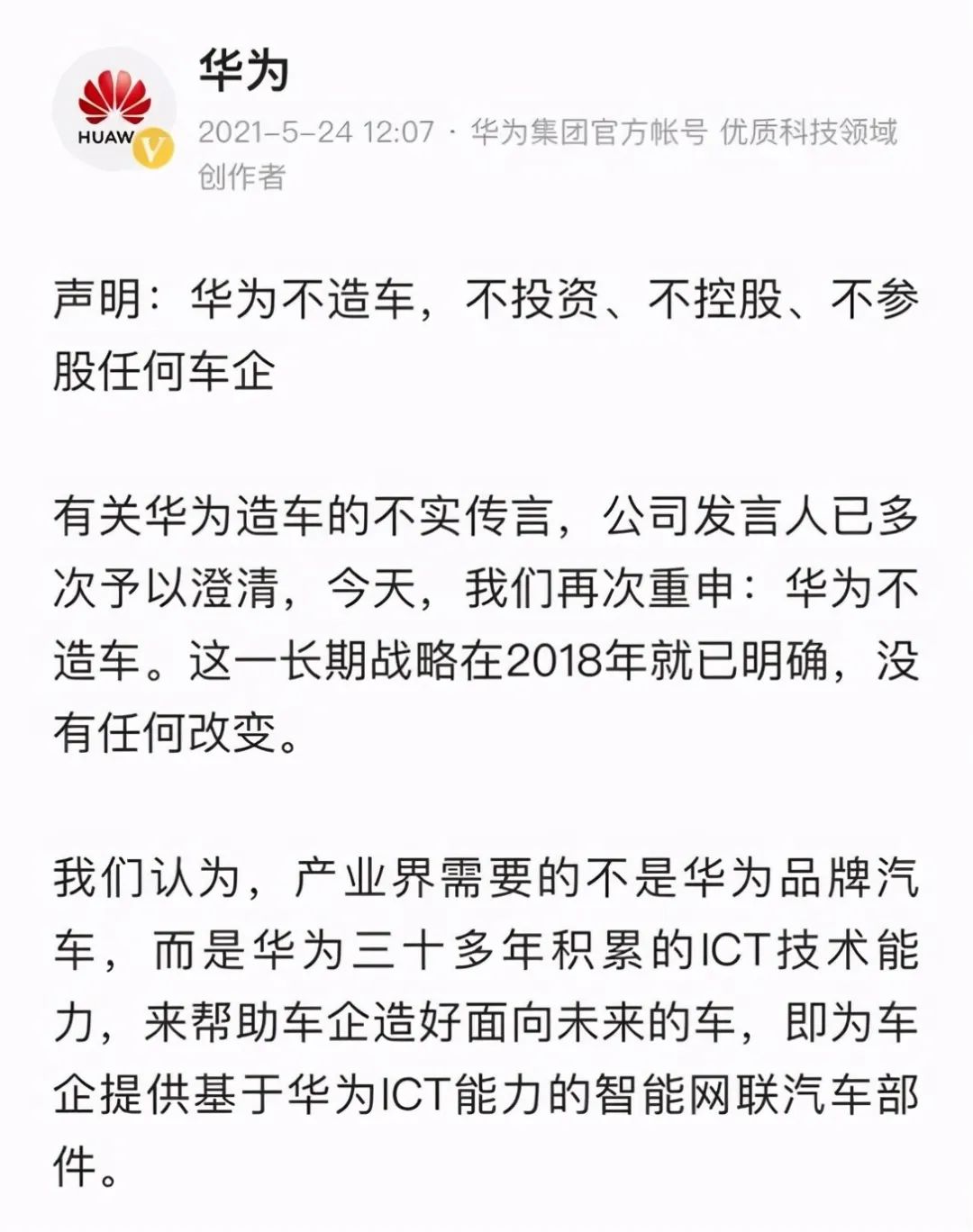
To achieve this goal, Huawei's Intelligent Automobile Solutions BU has taken action since the end of last year. According to the "Investment Cooperation Memorandum" signed between Changan Automobile and Huawei, Huawei plans to establish a new company engaged in the research and development, design, production, sales, and service of automotive intelligent systems and component solutions, and will gradually open up equity to other automakers.
Changan Automobile was the first to take a sip of the soup last year. According to the "Memorandum," Changan Automobile and its affiliates plan to invest to acquire equity in the target company, with a proportion not exceeding 40%.
According to Tianyancha, in January this year, Huawei established Shenzhen Yingwang Intelligent Technology Co., Ltd. ("Yingwang") with a registered capital of RMB 1 billion. According to insiders, "Yingwang" is the first step for Huawei to implement its intelligent vehicle business, and the company will house the current technology and resources of Huawei's Intelligent Automobile Solutions BU.
Meanwhile, as Thalys acquired the "AITO" trademark, according to the "STAR Market Daily," Thalys is actively planning to participate in the strategic investment and cooperation of "Yingwang" to deepen its cooperation with Huawei.
It can be seen that the intelligent vehicle ecosystem that Huawei hopes to achieve is not "exclusive joy" but "shared joy." If trademarks such as "AITO" and "Zhidejie" remained in Huawei's hands, it would, to some extent, represent Huawei's dominance over these brands.
However, Huawei's proactive transfer of trademarks means that future cooperation in building intelligent driving systems and component industries for automobiles will be mutually beneficial and no longer "Huawei-led." Only in this way can the entire industry be expanded further.
3. Huawei is No Longer the "Soul Supplier"
Although Huawei has not provided more official explanations on the development of "Yingwang," based on various public information, "Yingwang" will become a technically open platform with diversified equity, attracting more automakers such as Changan Automobile and Thalys to join.
To promote the development of the intelligent driving industry alliance, Huawei also upgraded the "Intelligent Selection Model" to "HarmonyOS Intelligent Driving" last year and officially established the HarmonyOS Intelligent Driving Alliance at the end of last year.
The launch of "HarmonyOS Intelligent Driving" is also a further clarification within Huawei of the boundary between Huawei and Huawei's car-building efforts. As everyone knows, HarmonyOS is an open-source ecosystem built by Huawei. All vehicles equipped with Huawei's HarmonyOS ecosystem share the same technical foundation and iterations. Under this background, the "Huawei" brand will be further diluted, becoming the technical support and open-source platform behind intelligent vehicles.
However, even though "HarmonyOS Intelligent Driving" aims to become the "technical backbone" of intelligent vehicles, how to attract more partners is also a problem that Huawei's Intelligent Automobile Solutions BU must face after its independence.
On the one hand, as more automakers introduce "HarmonyOS Intelligent Driving," Huawei must balance the interests of each automaker, maximizing sales while avoiding product homogenization. Currently, although Thalys has been cooperating with Huawei for three years, it is still incurring losses. Whether it can repair its 2024 performance trend with the success of the AITO M7 has become a more pressing concern for the outside world.

On the other hand, securing more joint venture automaker partners may become the foundation for the sustained development of the HarmonyOS Intelligent Driving Alliance. With the rapid development of new-force brands, joint venture automakers' market shares have been squeezed in recent times.
However, they have developed in China for decades and have certain brand appeal and relatively complete system capabilities. Moreover, compared to new-force automakers, they have higher cooperation demands for intelligent driving technology. How to open the door to joint venture automakers will become an important task for Huawei in the next stage.
Finally, Huawei still needs to create more examples, just like it transferred the "AITO" trademark. Only when Huawei clearly states that it will "not hijack automakers' souls" will more automakers be willing to cooperate, and the ecological alliance can continue to expand. As the number of delivered vehicle samples continues to increase, Huawei can further refine and upgrade its technology, which is a "win-win" cooperation.
Data shows that in the first half of this year, the cumulative delivery volume of the entire HarmonyOS Intelligent Driving series reached 194,207 vehicles, surpassing NIO to become the top-selling new-force brand in China in the first half of the year.
Many hands make light work. Yu Chengdong said that Huawei's Intelligent Automobile Solutions BU turned a profit in the first quarter of this year. It is not difficult to see that for Huawei, this is truly a profitable business.

